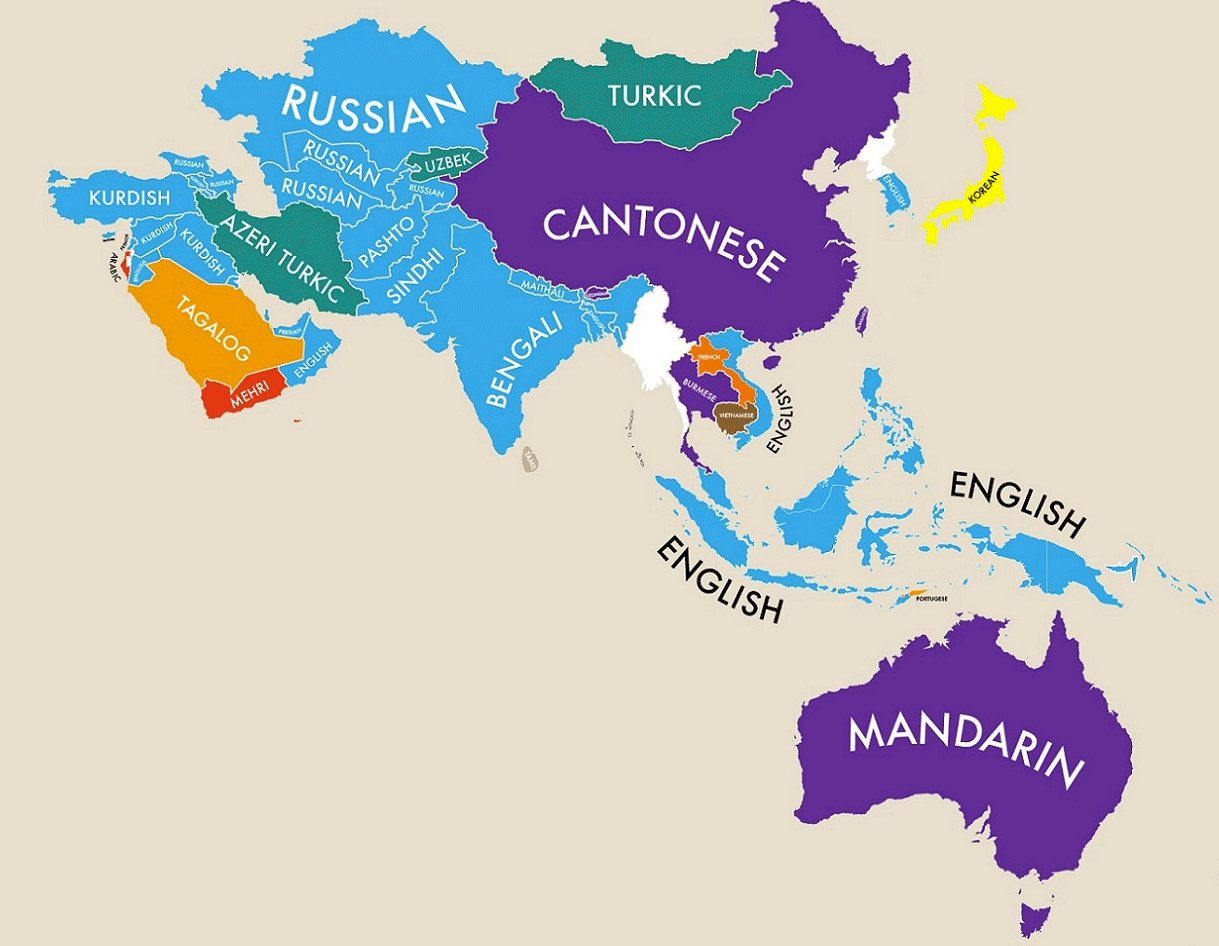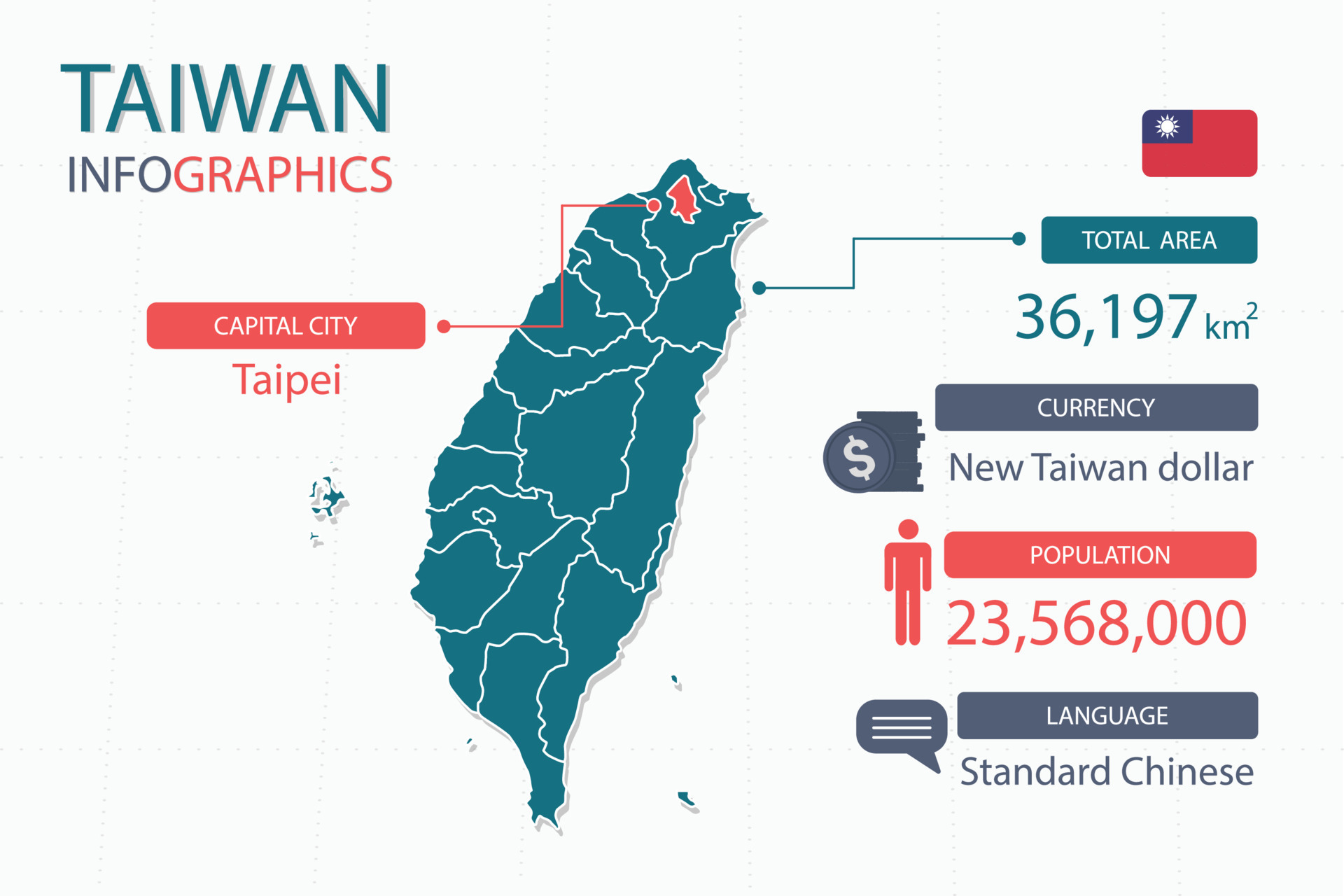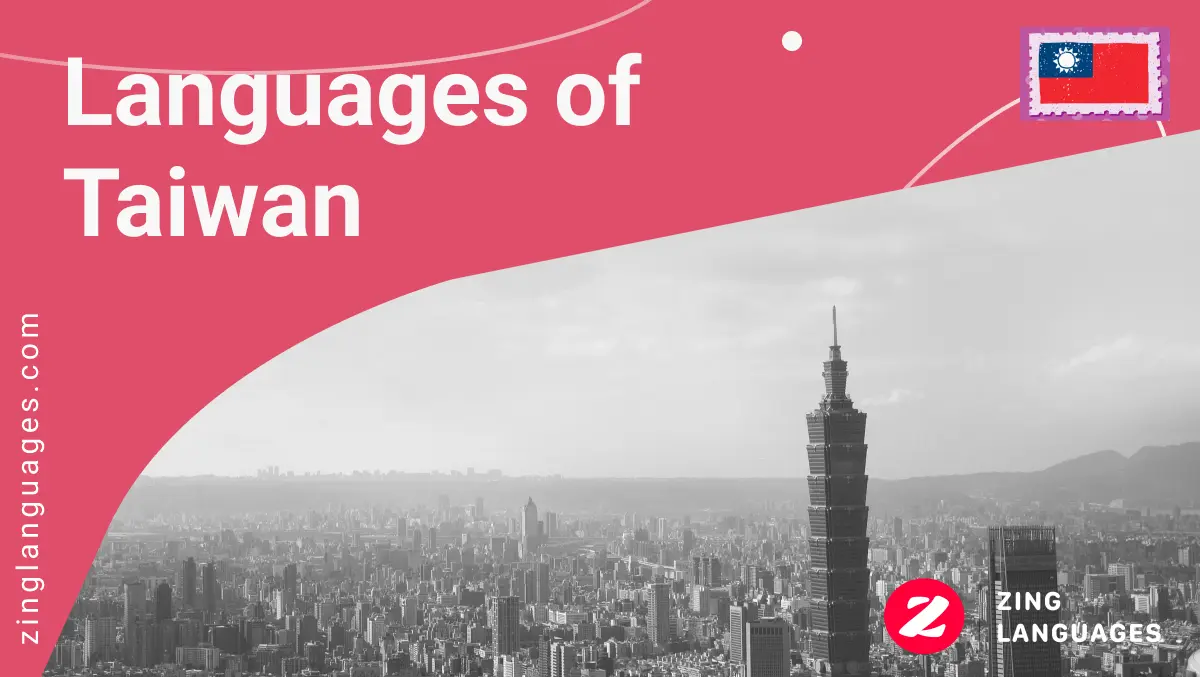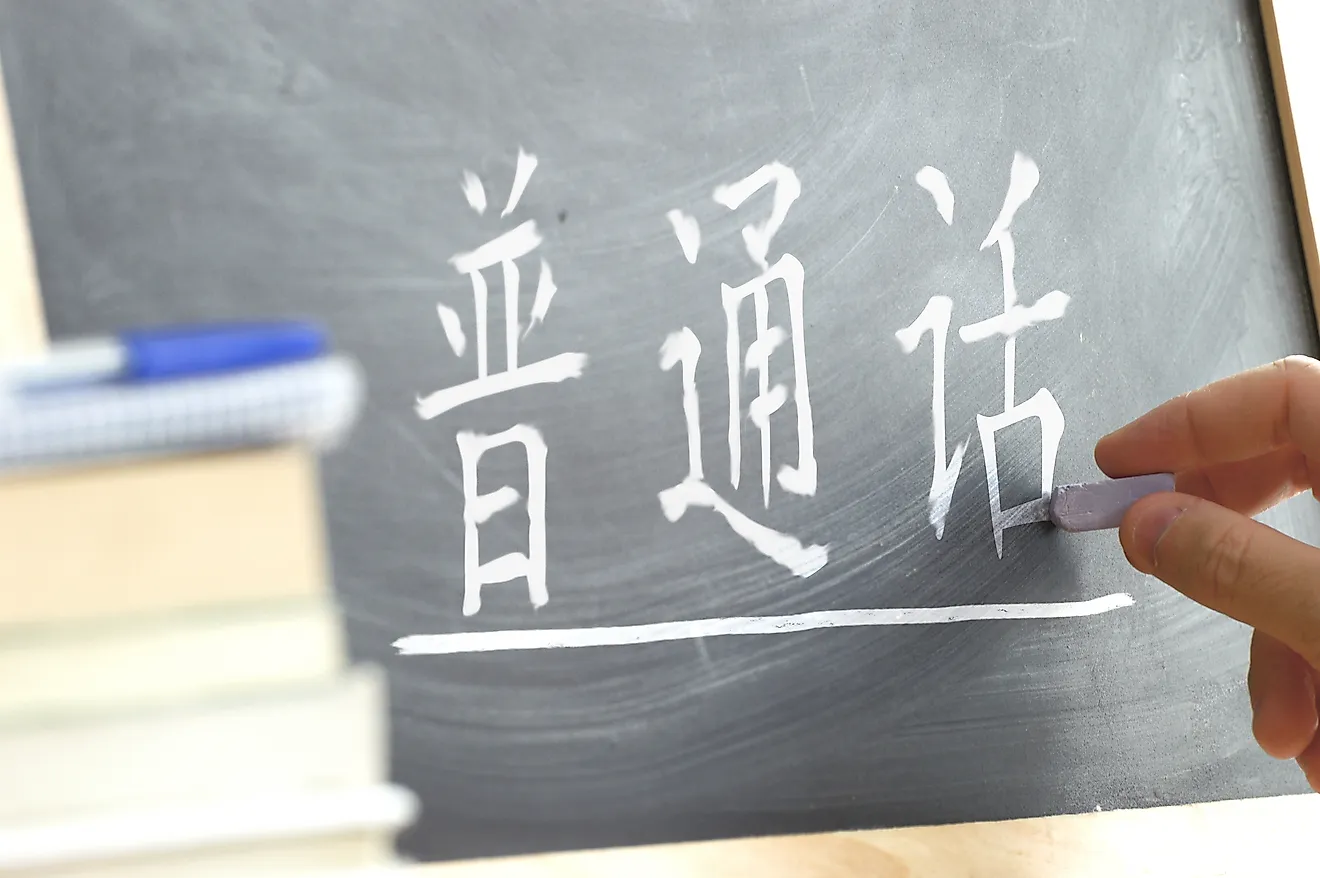Taiwan country language embarks on a captivating journey through the linguistic landscape of Taiwan, exploring the intricacies of its official language, minority languages, language policy, and the profound impact of language on identity and international relations.
This comprehensive exploration delves into the historical evolution of Mandarin as Taiwan’s official language, examining its pervasive use in official documents, education, and media. Simultaneously, it sheds light on the vibrant tapestry of minority languages, including Formosan languages and Hakka, highlighting their cultural significance and the dedicated efforts to preserve them.
Taiwan’s Official Language

The official language of Taiwan is Mandarin, a dialect of the Sinitic (Chinese) language family. It is the most widely spoken language in Taiwan, with over 95% of the population speaking it as their first or second language.
Mandarin was introduced to Taiwan by the Kuomintang (KMT) government after it relocated to the island in 1949. The KMT promoted Mandarin as the national language and made it the medium of instruction in schools. As a result, Mandarin has become the dominant language in Taiwan, used in government, education, media, and business.
Official Documents
Mandarin is the official language used in all government documents, including laws, regulations, and official correspondence. It is also the language used in the proceedings of the Legislative Yuan, the highest lawmaking body in Taiwan.
Education
Mandarin is the medium of instruction in all public schools in Taiwan, from elementary school to university. Students are required to learn Mandarin as a compulsory subject and use it in all their classes. As a result, most Taiwanese people are fluent in Mandarin by the time they graduate from high school.
Media
Mandarin is the dominant language used in the media in Taiwan, including television, radio, and newspapers. The vast majority of television programs and radio broadcasts are in Mandarin, and most newspapers are published in Mandarin. As a result, Mandarin is the most widely understood language in Taiwan.
Minority Languages in Taiwan

Taiwan is a linguistically diverse nation, home to various minority languages spoken by its indigenous peoples and immigrant communities. These languages play a significant role in preserving the cultural heritage and identities of these groups.
The most prominent minority languages in Taiwan are the Formosan languages, spoken by the indigenous peoples of the island. There are approximately 16 recognized Formosan languages, each with its unique grammar, vocabulary, and cultural significance. These languages are spoken by communities throughout the island, from the mountainous regions to the coastal plains.
Preservation Efforts
In recent decades, there has been a growing awareness of the importance of preserving minority languages in Taiwan. The government has implemented various policies and programs aimed at revitalizing and promoting these languages. These efforts include:
- Establishing language immersion schools and programs.
- Providing funding for language research and documentation.
- Supporting cultural events and festivals that showcase minority languages.
These efforts have helped to raise awareness of the value of minority languages and have contributed to their continued use and transmission to younger generations.
Hakka
In addition to the Formosan languages, another significant minority language in Taiwan is Hakka. Hakka is a Chinese dialect spoken by the Hakka people, who migrated to Taiwan from mainland China several centuries ago. Hakka is spoken by approximately 4% of the population and is particularly prevalent in the northern and central regions of the island.
Like the Formosan languages, Hakka has its own unique cultural significance and is an important part of the Hakka people’s identity. There are ongoing efforts to preserve and promote Hakka, including the establishment of Hakka cultural centers and the teaching of Hakka in schools.
Language Policy and Education
Taiwan’s language policy plays a significant role in shaping language education in the country. The policy aims to promote the use of both Mandarin and Taiwanese Hokkien as official languages while also preserving and revitalizing indigenous languages.
The policy has led to the implementation of various language programs and initiatives in schools. These programs include:
Mandarin Education
Mandarin is the official language of Taiwan and is widely used in education, government, and the media. The government has implemented several programs to promote Mandarin proficiency, including:
- Compulsory Mandarin education in all schools
- Mandarin immersion programs for students from indigenous communities
- Mandarin language proficiency tests for civil servants
Taiwanese Hokkien Education
Taiwanese Hokkien is the second official language of Taiwan and is widely spoken in the southern and central parts of the country. The government has also implemented programs to promote Taiwanese Hokkien education, including:
- Elective Taiwanese Hokkien courses in schools
- Taiwanese Hokkien language proficiency tests for teachers
- Support for Taiwanese Hokkien language media and publications
Indigenous Language Education
Taiwan is home to 16 officially recognized indigenous languages. The government has implemented programs to revitalize and preserve these languages, including:
- Indigenous language immersion programs in schools
- Support for indigenous language media and publications
- Training programs for indigenous language teachers
Language and Identity
Language plays a crucial role in shaping Taiwanese identity and national consciousness. It serves as a marker of cultural distinction and a symbol of the island’s unique history and heritage.
The linguistic diversity of Taiwan, with its multiple dialects and indigenous languages, has influenced cultural expression and social cohesion. It has fostered a sense of cultural pluralism and contributed to the richness and vitality of Taiwanese society.
Role of Language in Shaping Taiwanese Identity
- Language is a primary vehicle for expressing cultural values, beliefs, and traditions.
- The use of Taiwanese Hokkien, for example, is closely associated with the island’s cultural heritage and serves as a marker of Taiwanese identity.
- The preservation and revitalization of indigenous languages have become important for maintaining cultural diversity and promoting a sense of inclusivity.
Linguistic Diversity and its Influence on Cultural Expression and Social Cohesion, Taiwan country language
- Taiwan’s linguistic diversity has fostered a rich and vibrant cultural landscape, with different dialects and languages contributing to the island’s cultural tapestry.
- The use of multiple languages in everyday life has facilitated inter-cultural communication and promoted social cohesion.
- However, language differences can also present challenges, such as communication barriers and potential for social divisions.
Language and International Relations

Taiwan’s complex political status has significant linguistic implications, as language plays a crucial role in shaping international relations and diplomacy.
The use of language as a diplomatic tool can have a profound impact on international recognition and legitimacy. Taiwan’s official language, Mandarin Chinese, is widely spoken internationally, but the use of other languages, such as Taiwanese Hokkien or Hakka, can convey a sense of cultural distinctiveness and independence.
Taiwan’s Diplomatic Language
Taiwan’s diplomatic language is a complex issue that has been influenced by historical, political, and cultural factors. Mandarin Chinese, the official language of Taiwan, is widely used in international relations, but the use of other languages, such as English or Taiwanese Hokkien, is also common.
- Mandarin Chinese:The official language of Taiwan and the most widely spoken language internationally.
- English:Used in diplomatic relations and international communication.
- Taiwanese Hokkien:A major dialect spoken in Taiwan, used in informal diplomatic settings.
The choice of diplomatic language can send important messages about Taiwan’s political status and its relationship with other countries.
Language and Technology
Technology plays a crucial role in promoting and preserving Taiwanese languages. Digital tools provide innovative ways to learn, access, and share these languages, fostering their revitalization and accessibility.
Language Learning Apps
Interactive language learning apps have emerged as popular platforms for acquiring Taiwanese languages. These apps offer gamified lessons, interactive exercises, and personalized learning paths, making the process engaging and convenient.
- Taiwanese Language App:Developed by the Ministry of Education, this app provides comprehensive lessons, vocabulary lists, and cultural insights.
- Hakka App:Created by the Hakka Affairs Council, this app focuses on teaching Hakka dialects, with audio recordings and interactive exercises.
- Indigenous Language Learning Apps:Several apps, such as “Atayal Language” and “Paiwan Language,” cater to specific indigenous languages, offering lessons, dictionaries, and pronunciation guides.
Online Dictionaries
Online dictionaries provide quick and easy access to Taiwanese language vocabulary. They offer searchable databases, detailed definitions, and pronunciation guides.
- Taiwanese Language Online Dictionary:A comprehensive dictionary with over 100,000 entries, including Hokkien, Hakka, and indigenous languages.
- Hakka Online Dictionary:A specialized dictionary dedicated to Hakka dialects, with audio recordings and usage examples.
- Indigenous Language Online Dictionaries:Several online dictionaries, such as the “Atayal Dictionary” and “Paiwan Dictionary,” provide access to indigenous language vocabulary and cultural terms.
Other Digital Resources
In addition to language learning apps and online dictionaries, various other digital resources contribute to the preservation and promotion of Taiwanese languages.
- Online Forums and Social Media Groups:Online communities and social media groups provide platforms for language enthusiasts to connect, share resources, and engage in discussions.
- Digital Archives:Digital repositories, such as the “Taiwanese Language Digital Archive,” preserve historical documents, recordings, and other materials related to Taiwanese languages.
- Virtual Reality and Augmented Reality Experiences:Immersive technologies offer interactive and engaging ways to learn and experience Taiwanese languages through virtual environments.
End of Discussion

In conclusion, Taiwan country language unveils the intricate relationship between language, culture, and identity in Taiwan. It underscores the importance of preserving linguistic diversity as a cornerstone of cultural expression and social cohesion. Furthermore, it emphasizes the strategic role of language in international relations, as Taiwan navigates its complex political status.
Top FAQs: Taiwan Country Language
What is the official language of Taiwan?
Mandarin Chinese is the official language of Taiwan.
What are some of the minority languages spoken in Taiwan?
Taiwan is home to a diverse range of minority languages, including Formosan languages (such as Atayal, Bunun, and Paiwan) and Hakka.
How does Taiwan’s language policy impact language education?
Taiwan’s language policy promotes bilingualism, encouraging the use of both Mandarin and Taiwanese Hokkien in education.
What role does language play in shaping Taiwanese identity?
Language is a fundamental aspect of Taiwanese identity, reflecting the island’s complex history and cultural diversity.
How is technology contributing to the promotion and preservation of Taiwanese languages?
Technology plays a vital role in promoting and preserving Taiwanese languages through language learning apps, online dictionaries, and other digital resources.